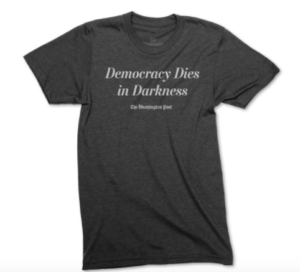Paolo Heywood & Maja Spanu ~ We Need To Talk About How We Talk About Fascism
 The word “fascism” has recently reemerged as a key piece of political terminology. The headlines immediately after Donald Trump’s election as president of the US read like a disturbing question and answer session.
The word “fascism” has recently reemerged as a key piece of political terminology. The headlines immediately after Donald Trump’s election as president of the US read like a disturbing question and answer session.
“Is Donald Trump a Fascist?” asked Newsweek. The Washington Post had the answer, declaring “Donald Trump is actually a Fascist”, but later sought to quantify things in a bit more detail with “How Fascist is Donald Trump?”. Meanwhile, Salon agreed that “Donald Trump is an actual Fascist”.
That all raises the question: what actually counts as fascism? It’s a question that has its own history, just as Nazism and fascism themselves do. And it’s similarly not without controversy.
Defining what counted as Nazism and fascism in the immediate aftermath of World War II was an urgent task faced by allied administrators and jurists in Germany and Italy. Examining these projects and their effects may help shed some light on how we talk, or perhaps on how we ought to think before talking, about fascism today.
Read more: https://theconversation.com/we-need-to-talk-about-how-we-talk-about-fascism